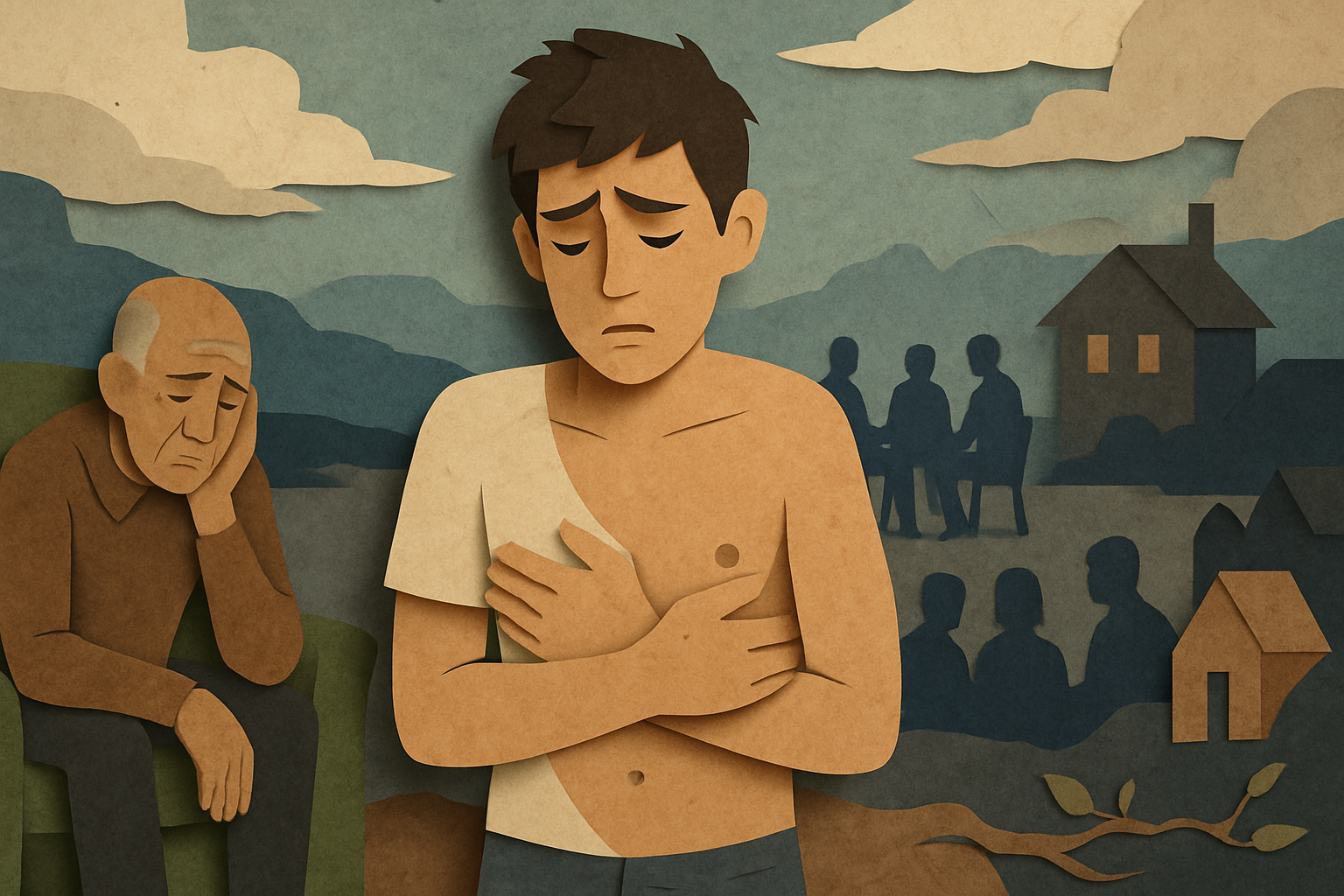READ IT TO ME: Click play to listen to this post.
I lead 7 recovery groups for addiction recovery. The collective wisdom gathered and shared from peer-to-peer has been powerful. The combination of shared wisdom, confrontation with love, and accountability has likely been the greatest tool for relapse prevention experienced by group members. Listed are thought-shapers that have cultivated recovery strength from a previous recovery weekend I led. I hope you sense the empowerment from peer-to-peer insight.
1. “Losing my recovery would be like losing my family”—For many addicts, this is a stark reality. In time, the primary reason for doing recovery must be motivated by an intense desire to change yourself. However, doing recovery to save your spouse and family is a reminder of the responsibility that comes with sobriety throughout life.
2. “The pain of addiction is a constant motivator”—The recovery road is difficult and at times it feels like drudgery. Remembering the intense pain of regret, loneliness, and shame remains a powerful reminder for many addicts to “spit in the soup”(Adlerian term) of the con and cajole that comes from the junkie worm that barks, There’s magic just one more time.
3. ”Working the steps have helped me to embrace spirituality”— We come to recovery spiritually bankrupt. The 12-step community promotes rebuilding dignity and respect while providing sanctuary and a sense of belonging. Before long spirituality blossoms where craving once dominated.
4. ”Shifting attitude from pleasing my wife to doing what’s right because I need the recovery”—Addicts come to a 12-step meeting driven by different ulterior motives. Attitude is the greatest stock in trade that an addict has. When the purpose for doing a recovery program shifts from doing it for others to doing it for oneself, the profound difference creates a transformation that is miraculous
5. “Getting my ass kicked is the best thing that ever happened to me”—This is a tough one. It’s true that sometimes it takes getting hit by a big mack truck to get an addict’s attention. It is important that an addict understand that he or she doesn’t have to get his or her ass kicked to grow in recovery. Actually, as an addict matures and grows in recovery they learn to avoid ass-kicking scenarios.
6. ”Getting emotionally naked in a recovery room is the hardest thing I ever did”—This makes sense. Telling on yourself about vulnerable feelings will always take courage and depth in maturity. Vulnerability requires the risk of rejection. There is never a time when risk is not difficult. Yet, it is only by becoming emotionally naked that you can experience the joy of deep intimacy.
7. “Stopping addiction behavior will create a new legacy for the next generation”—Creating a new legacy for the next generation is about stalking the shame and stopping the addictive behavior beginning with you. The hope of being able to impact those who follow you is a generative possibility that offers promise and opportunity.
8. “Progress not Perfection”—This age-old recovery adage is time tested. Progress means to be able to bring yourself back to center. It underscores the importance of being able to shift from self criticism to gently becoming your best friend without giving yourself a pass for falling short in behavior. It is more critical to long term sobriety than having never left center in the first place. This progress becomes an art featuring the balance of velvet and steel.
9. “It’s easy to slip into little behaviors that fuel my desire to act out”—Keeping a short account of high-risk behaviors is a way of avoiding slips. Hanging on to mistaken beliefs, victim posture, or addict fantasy is a surefire way of setting yourself up to act out. The old saying “Hang around the barber shop long enough and you will get a haircut” fits this recovery share.
10. “Discovery got me over the threshold of recovery”—There is not a day that goes by that I don’t listen to an addict admit this powerful experience in one form or another. The last thing an addict wants is for someone close to find out the disgusting addictive behavior that has controlled their life. Invariably, those who testify to this reality also state that without getting caught they would never had stopped. They share that the discovery of addictive acting out saved their life. Many times it takes an ugly discovery and disclosure to trigger the deeper work necessary for sobriety to become a reality.
11. “Without accountability, I would never be sober”—In recovery, addicts learn the importance of living in consultation with accountability. No longer, can you live as a maverick. Alone-time requires accountability. Addicts learn to bookend high-risk situations with consultation before the high-risk experience begins and immediately afterward. Lone rangers don’t make it long-term in recovery.
12. “Humility suggests that I do not have all the answers and getting back on track means I have to ask for help, preferably before I act out.”—Coming to terms with limits for an addict requires humility. You just don’t have the answers you predicted you would. When you grovel in failure with your recovery it brings you to a place and point that you must ask for help. It’s the only place to find your way through the maze of addictive deceit and bring yourself back to the center.
Be determined to not leave your next support meeting until you have at least one thought-shaping truth to take home that will help you maintain long-term sobriety.





